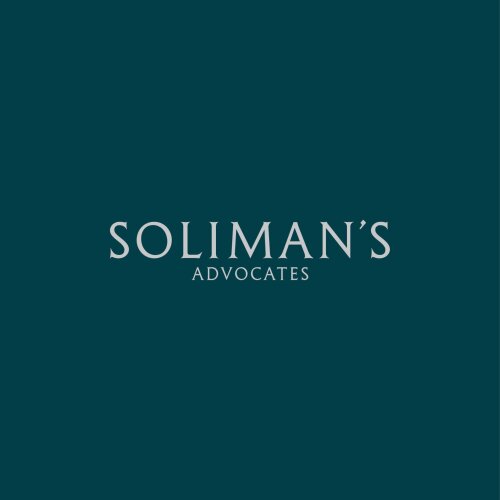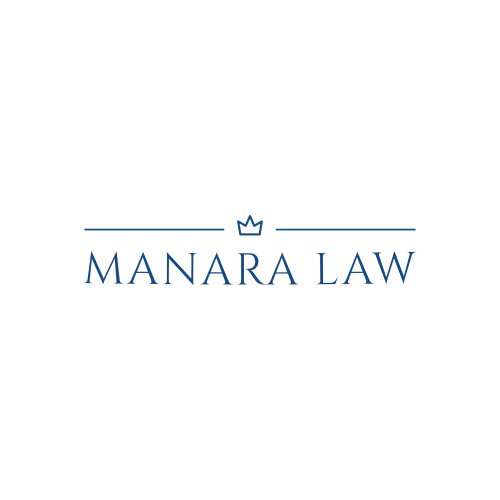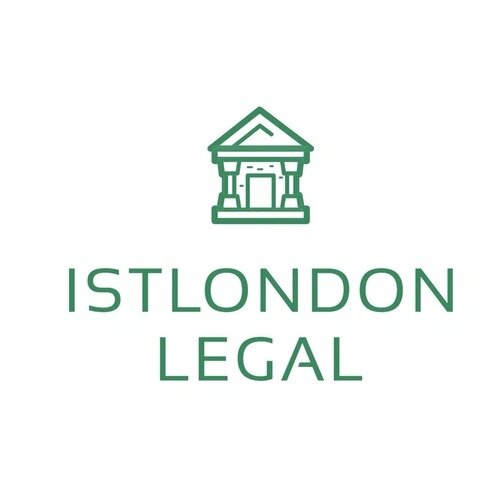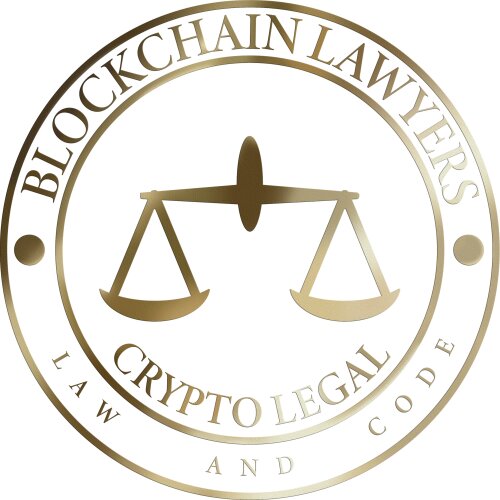Best Antitrust Litigation Lawyers in London
Share your needs with us, get contacted by law firms.
Free. Takes 2 min.
List of the best lawyers in London, United Kingdom
Legal guides written by Crypto Legal:
- The Evolution of Crypto Fraud in 2025: Forensic and Legal Strategies for Prevention and Recovery
About Antitrust Litigation Law in London, United Kingdom
Antitrust litigation in London, United Kingdom, refers to legal disputes that arise from alleged violations of competition law. These laws, often called "antitrust" or "competition" laws, are designed to maintain fair competition in the marketplace, prevent anti-competitive behavior, and protect consumers and businesses. London is a major hub for such disputes, given its prominent role in international business and finance. Businesses and individuals may find themselves dealing with claims related to cartels, price-fixing, market-sharing agreements, abuse of dominance, and merger control violations. Antitrust litigation often involves complex legal and economic issues, requiring a detailed understanding of both UK and European competition laws.
Why You May Need a Lawyer
There are several situations where individuals or businesses may require the help of a lawyer experienced in antitrust litigation in London:
- If you have been accused of engaging in anti-competitive practices such as price-fixing, bid-rigging, or market sharing.
- If your business has suffered harm due to another company's alleged abuse of market dominance or participation in a cartel.
- If you are involved in merger transactions that may be subject to scrutiny by competition authorities.
- If you are facing investigations or enforcement actions by regulators such as the Competition and Markets Authority (CMA).
- If you need to understand compliance requirements to avoid future antitrust issues.
- If you are dealing with private damages claims, such as collective actions or class actions brought by consumers or competitors.
- If you need legal representation in court proceedings, settlement negotiations, or appeals related to competition matters.
Local Laws Overview
Antitrust litigation in London is governed primarily by the Competition Act 1998 and the Enterprise Act 2002. These laws prohibit anti-competitive agreements, the abuse of a dominant market position, and certain mergers that may lessen competition. Key features of the local laws include:
- The Competition Act 1998: Prohibits anti-competitive agreements and abuse of a dominant position. This applies to both UK and EEA markets if conduct affects trade within the United Kingdom.
- The Enterprise Act 2002: Strengthens enforcement powers and introduces criminal offences for individuals involved in cartel activities.
- The Competition and Markets Authority (CMA): The main regulator responsible for investigating and enforcing competition law in the UK. Competent to review mergers, investigate companies, and bring enforcement proceedings.
- Private Damages Actions: Individuals and businesses harmed by anticompetitive behavior can seek compensation through the Competition Appeal Tribunal (CAT) or the High Court.
- Collective Proceedings: There are procedures in place for group (class) actions by consumers or businesses affected by antitrust infringements.
- EU Competition Law: While Brexit has changed the relationship, EU competition law may still apply to conduct with cross-border effects or past infringements before the Brexit transition period ended.
Frequently Asked Questions
What is considered an antitrust or competition law violation?
A violation occurs when a business engages in activities such as price-fixing, market-sharing, bid-rigging, exclusive dealing, or abusing a dominant market position to the harm of competitors and consumers.
Who enforces antitrust laws in London?
The Competition and Markets Authority (CMA) is the primary enforcer of competition law in the United Kingdom. Sector-specific regulators may also play a role in industries like energy, telecommunications, and transport.
Can individuals and businesses sue for damages caused by anti-competitive conduct?
Yes, affected parties can file claims for damages in the Competition Appeal Tribunal or civil courts if they have suffered loss due to anti-competitive conduct.
What is the role of the Competition Appeal Tribunal?
The Competition Appeal Tribunal (CAT) is a specialist judicial body that handles appeals, damages claims, and other proceedings arising from competition law matters in the United Kingdom.
How does Brexit affect antitrust litigation in London?
Brexit has ended the direct application of EU competition law in the UK, but EU rules may still apply to agreements or conduct with an effect on EU markets, or to infringements predating the Brexit transition period's end.
Are there criminal penalties for antitrust violations?
Yes, certain cartel conduct can result in criminal prosecution under UK law, with individuals found guilty potentially facing imprisonment and businesses facing significant fines.
What are collective proceedings in antitrust litigation?
Collective proceedings, sometimes called class actions, enable groups of consumers or businesses to bring claims together if they have been harmed by the same anti-competitive conduct, making litigation more efficient.
What steps should I take if my business is under investigation by the CMA?
You should seek immediate legal advice and cooperate with the regulator while ensuring your legal rights are protected. It is important to preserve relevant documents and avoid any actions that could be seen as obstructive.
Can small businesses be affected by antitrust law?
Yes, all companies, regardless of size, must comply with competition law. Small businesses can also be victims of anti-competitive practices and may have grounds to seek compensation.
How long does antitrust litigation typically take?
The timeline can vary significantly depending on the complexity of the case, whether settlement is possible, and the court's workload. Some cases can be resolved in months, while others may take several years.
Additional Resources
- Competition and Markets Authority (CMA) - Provides guidance, reports, and information on investigations and enforcement actions.
- The Competition Appeal Tribunal (CAT) - Handles competition law cases, appeals, and damages claims.
- Law Society of England and Wales - Offers directories for finding qualified competition and antitrust lawyers in London.
- Citizens Advice - Provides general legal guidance for consumers and small businesses regarding competition law.
- Sectoral Regulators - Such as Ofgem (energy) or Ofcom (communications), who regulate competition in specific industries.
Next Steps
If you believe you have encountered an antitrust issue or are facing investigation or litigation, it is crucial to seek specialized legal advice promptly. Here are the steps to consider:
- Gather all relevant documents and correspondence related to the matter.
- Consult with a solicitor or legal advisor experienced in antitrust litigation for an initial assessment of your situation.
- Discuss your legal options, including possible remedies or defenses, and ask about the potential costs and timelines involved.
- Follow your lawyer's advice on how to communicate with authorities or opposing parties.
- If you are a business, consider reviewing your internal compliance procedures to prevent future issues.
Seeking professional guidance early can help you better understand your rights and obligations under antitrust law and put you in the strongest possible position for any proceedings that may follow.
Lawzana helps you find the best lawyers and law firms in London through a curated and pre-screened list of qualified legal professionals. Our platform offers rankings and detailed profiles of attorneys and law firms, allowing you to compare based on practice areas, including Antitrust Litigation, experience, and client feedback.
Each profile includes a description of the firm's areas of practice, client reviews, team members and partners, year of establishment, spoken languages, office locations, contact information, social media presence, and any published articles or resources. Most firms on our platform speak English and are experienced in both local and international legal matters.
Get a quote from top-rated law firms in London, United Kingdom — quickly, securely, and without unnecessary hassle.
Disclaimer:
The information provided on this page is for general informational purposes only and does not constitute legal advice. While we strive to ensure the accuracy and relevance of the content, legal information may change over time, and interpretations of the law can vary. You should always consult with a qualified legal professional for advice specific to your situation.
We disclaim all liability for actions taken or not taken based on the content of this page. If you believe any information is incorrect or outdated, please contact us, and we will review and update it where appropriate.

















